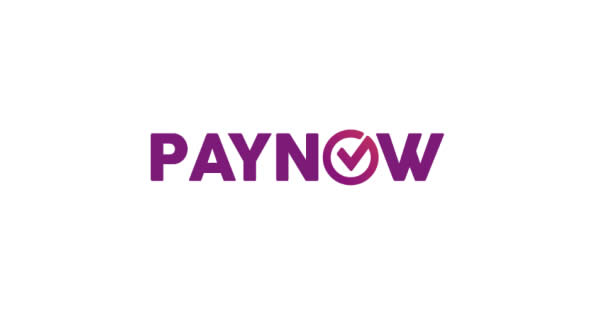
 We are now on Telegram. Click to join We are now on Telegram. Click to join |
The Association of Banks in Singapore (ABS) has announced that PayNow, a new peer-to-peer funds transfer service will be made available from 8.00 am on 10 July 2017 to customers of seven participating banks
The seven banks are Citibank Singapore Limited, DBS Bank/POSB, HSBC, Maybank, OCBC Bank, Standard Chartered Bank, and United Overseas Bank.
PayNow offers an enhanced funds transfer service that enables customers of the seven participating banks to send and receive Singapore Dollar funds from one bank to another through FAST using just their mobile number or Singapore NRIC/FIN, almost instantly. The service will be available 24/7, 365 days and free to customers.
PayNow was introduced by ABS and banking industry in response to the increased demand from customers to make funds transfer more convenient and efficient.
The sender no longer needs to know the recipient’s bank and account number when doing fund transfers as PayNow offers a simpler and more convenient way for bank customers to pay using the recipient’s mobile numbers and/or Singapore NRIC/FIN.
A comparison with other current payment mechanisms:
| Payment Type | Receipt of Payments |
|---|---|
| PayNow | Uses mobile number and/or Singapore NRIC/FIN Almost immediate, 24×7 basis |
| FAST | Requires Bank Name and Account Number Almost immediate, 24×7 basis |
| Cheque | Up to 2 working days |
| Interbank GIRO | Up to 3 working days |
How to use PayNow
A. To access PayNow – customers can use the participating bank’s existing internet banking platform or mobile banking app.
It is a secure funds transfer service.
- It adopts the same high security standards established by the banking industry in Singapore for funds transfer including FAST.
- The sender will be able to see the recipient’s name before confirming the transfer. This confirmation engenders confidence to the sender that money is being sent to the intended recipient.
B. To receive funds using PayNow – customers should link their mobile number and/or Singapore NRIC/FIN to their bank account. This is a one-time registration step.
- Log in to your bank’s existing internet banking platform or mobile banking app.
- At the PayNow registration screen, link your mobile number and/or Singapore NRIC/FIN to your bank account number. SMS OTP will be required.
- Finally, enter a name that will be used to identify you. and you are setup to receive funds.
Change of Mobile Numbers – Customers should immediately report any change in mobile numbers to their bank. Upon notification, the bank will automatically de-link the old mobile number from your bank account. Customers should then re-register the new mobile number with PayNow. If you do not do so, you will not be able to receive funds via PayNow.
C. To transfer funds using PayNow
- Log in to your bank’s existing internet banking platform or mobile banking app.
- At the PayNow transfer screen, enter the recipient’s mobile number or NRIC/FIN and the amount to be transferred
- Verify the name of the recipient, and the funds are transferred almost instantly.
Transfer Limits – PayNow follows the same payment amount limits as current payment mechanisms such as FAST.
Erroneous Transfers – To avoid erroneous PayNow transfers to the wrong mobile number or NRIC/FIN, please check the recipient’s name to ensure that it is correct before confirming the transfer. However, if funds have been transferred to an unintended recipient,
- Call the mobile number that was used to send money to, and advise them of the erroneous transfer and request a return of the funds. Under Section 403 of the Penal Code, it is a criminal offence to use money that does not belong to you.
- Call your bank if there is no response from the unintended recipient.







Leave a Reply